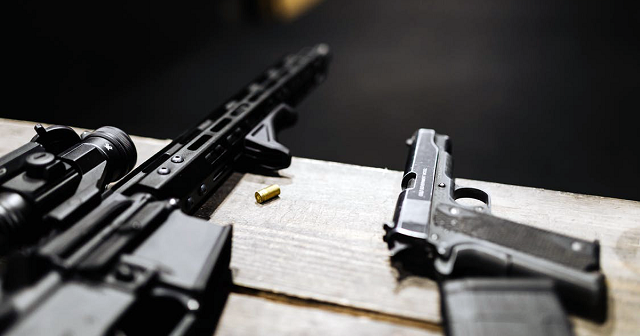また、みなさんもご
Illegal Activities in Japan
Marijuana, which people can legally purchase in the U.S. and Europe, is called cannabis in Japan. If you mistakenly bring some into Japan, you will be in big trouble. In Japan, the consider marijuana a narcotic, so possessing it is a criminal offense, punishable for up to seven years, or two million yen.
It’s also illegal to possess a knife, including a kitchen knife, with a blade of six centimeters or more in length. However, having a knife for work isn’t punishable if it’s carried in an appropriate case or container. For example, Japanese officials won’t penalize a construction worker carrying a knife to and from a job site because he or she is clearly using it for work purposes. Additionally, other legitimate reasons for carrying knives and other blades are when you’re on the way home after purchasing them or when you’re going to and from a campsite.
Also, as you probably know, people aren’t allowed to carry a gun (rifle, pistol, etc.) in Japan. Although there are exceptions to this rule for those who work in certain official occupations. For everyone else, guns still aren’t permitted, even if it’s for self-defense. Therefore, even security guards in Japan aren’t allowed to carry guns, as they’re not considered the police. This strict control is the reason there are very few gun-related incidents in Japan.
Although the assassination of former Prime Minister Abe involved the use of a gun, it was homemade. It wasn’t the kind of gun that’s generally sold in the U.S. The fact that people around at that time didn’t run or get down at the sound of gunfire struck me. Instead, they were just stunned by what happened. So, there aren’t many gun-shooting accidents in Japan.
sign up for the Japanese-Online Newsletter
__..-・**・-..__..-・**・-.._ あいうえお かきくけこ さしすせそ たちつてと なにぬねの はひふへほ まみむめも やいゆえよ らりるれろ わゐうゑを ん __..-・**・-..__..-・**・-.._
#JapaneseOnline #LearningJapanese #FreeJapaneseLessons #JapaneseVideoLearning #JapaneseAnime #Anime #JapaneseFood #Bloguru

